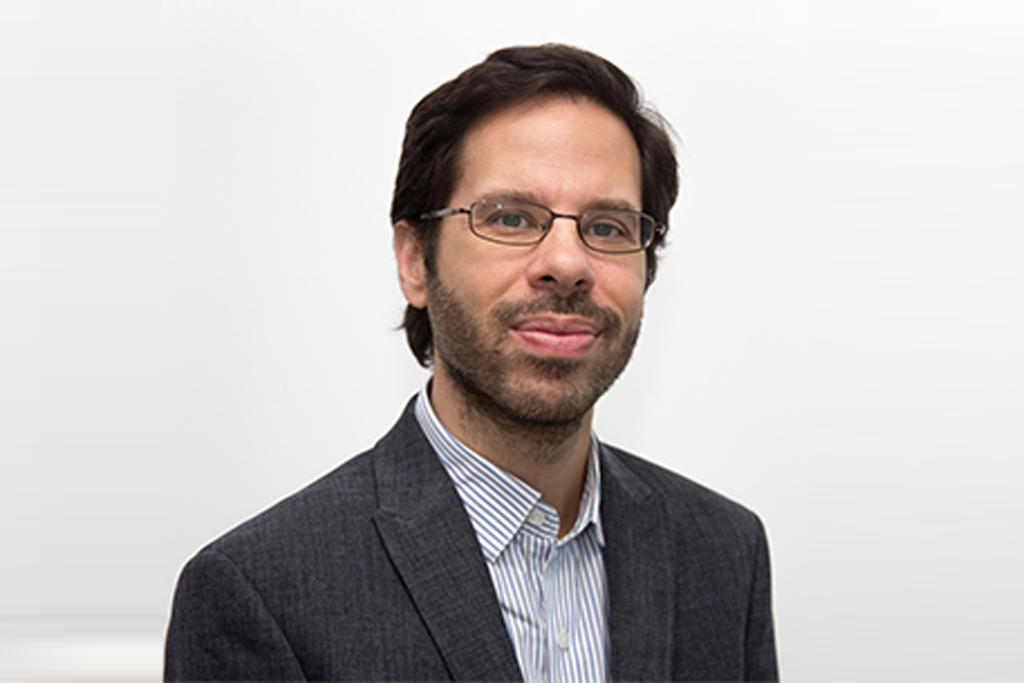Axel Rivas, an expert in educational politics, innovation and justice, addresses some issues about the importance of education as an enabler of social justice and the educational challenges that arise as a result of the transformative role of technology. Here are some key points from the video:
- What factors and variables should we work on to improve education systems in vulnerable environments? There is always a first dimension of basic conditions, of dignity, in the infrastructure of schools, in basic equipment, which is the minimum requirement, the minimum social conditions that are sometimes lacking in the most vulnerable contexts. Moving away from this plane of greater urgency, it is necessary to guarantee levels of educational content. That is to say, teachers have different capacities, which can be very different and varied, and it is necessary to accompany the teaching process with good materials, whether educational, digital or both, that enrich the classroom, the learning environments and that provide proposals for continuity.
- If technologies will play a major transformative role in society in the next 15 years, how will it affect vulnerable environments? Internet access has to be conceived as a human right that allows access to other rights. It is necessary to multiply those processes that we have already seen in operation and to think about what dynamics allow us to accelerate educational processes or the adaptation of technology in very vulnerable environments. We should not start from scratch because progress has already been made, although not all the answers are in the past. We must continue to look towards what technology allows us to do in the future.
- From the point of view of equity, what defines the DNA of an education system? The social structure is key: countries with greater inequalities have less equitable education systems. However, we have learned that education systems with a greater capacity for social integration of differences (for example, those that have comprehensive schools, where secondary school has a greater common path and not so much separation or tracking at an early age) contribute to equity. Another important element is the role of teachers, the position of teaching as an equalizing factor, of rebalancing, where teachers are the agents for the installation of educational justice in the classroom through projects that know how to work with diversity.
- Do you think that a social transformation is necessary to bring about a change in the school? The most profound changes come from broader changes in society. Education always has a limit. However, that which does not change in the short term cannot become an excuse that prevents educational rethinking.
- What are the educational challenges for the 21st century from the digital area? We can no longer think of the digital world as something separate from other processes. We live in technological cultural environments. It is no longer a tool, it is an ecosystem, part of society. Education cannot be thought of as something physical or virtual, we have to find a new language, we have to reimagine education as something expanded.
Biography
He is an advocate of public education as a vehicle for social justice and has been working for 15 years to reduce the immense educational inequalities in Latin America and in Argentine federalism. Director of the Education School from the University of San Andrés and senior researcher in Education at Cippec, he has edited ten publications on the subject (Revivir las aulas, Viajes al futuro de la educación and América Latina después de PISA, among others) and was awarded the Konex prize in Education for the decade from 2006 to 2016.
He holds a PhD in Social Sciences from the University of Buenos Aires (UBA), after spending a year at the Institute of Education at the University of London. He has a degree in Communication Sciences from UBA and a Master in Social Sciences and Education from FLACSO in Argentina. He is a professor of politics in education at the Universities of San Andrés, Di Tella, FLACSO, Alberto Hurtado (Chile) and Pedagogical University of the Province of Buenos Aires and he has been teaching Sociology of Education at the UBA for more than 10 years.
Currently
Axel Rivas works in the Education School from the University of San Andrés, in the design of a new digital education policy. The challenge is to determine how the state should conceptualize the possibilities of education by means of the use of Artificial Intelligence, Big Data and various online collaborative work platforms. Specifically, it is about reimagining the role of the state in Latin America in this new society influenced by digital advances. The overall goal is to create educational justice based on state policies that address all the possibilities offered by technology in educational settings.






